How is your church responding to the recent spate of mass shootings in the U.S.?
If your congregation is taking some action, or if you have addressed these tragedies in your sermons, newsletters, websites or social media posts, we want to know about it and share it with our readers. Please send us what you can with links or attached documents to communications@epaumc.org.
Adapted from a UM News Service story by Heather Hahn and Sam Hodges
After two U.S. mass shootings that killed at least 31 people, United Methodists are responding with both prayers and plans of action to address gun violence and hate.
Mid-morning Aug. 3, a gunman attacked the shoppers at a popular El Paso, Texas, retail area — claiming the lives of at least 22 people, including seven Mexican citizens.
Less than 14 hours later, another gunman opened fire into a crowd in the Dayton, Ohio, entertainment district — killing nine and injuring 27 in less than a minute. The suspected shooter, Connor Betts, 24, is also dead.
No United Methodists were known to be among the murder victims. But many United Methodists across the country used Sunday worship for the now-familiar ritual of praying for those brutalized by violence. Pastors took on the task of ministering to the traumatized through sermons, prayers and remarks.
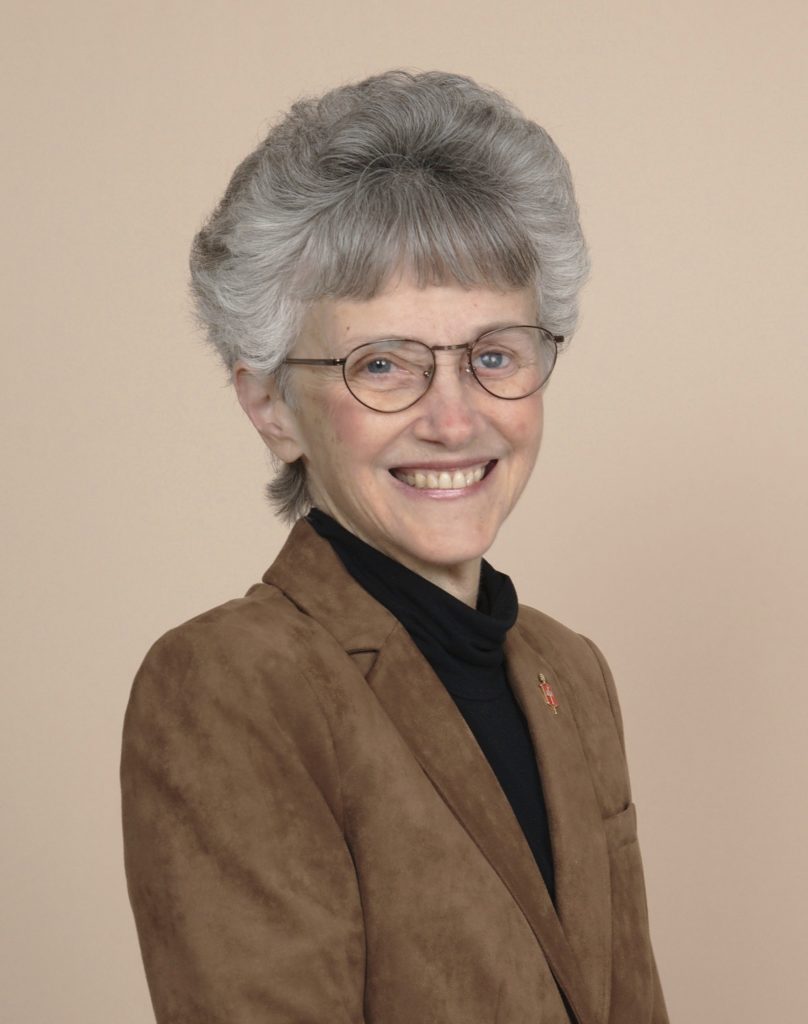
“At a time of such senseless loss of life and horror we seek answers and God’s strength,” said Philadelphia Area Bishop Peggy Johnson, calling upon churches and leaders to turn to spiritual and social acts of faith, including deep prayer, compassionate outreach into their communities, especially among victims of violence and racial bias, and persistent advocacy for changes in public policy regarding the nation’s gun laws.
The people of El Paso are confronting the possibility that white supremacy motivated that largely Latino/Hispanic city’s massacre. The suspect — 21-year-old Patrick Crusius of Allen, Texas, near Dallas — is in custody. Local prosecutors have announced they will seek the death penalty, and federal authorities are investigating him for hate crimes and domestic terrorism.
News accounts noted that social media evidence, including a hate-filled manifesto, indicates Crusius may have crossed the state to El Paso to target Latino/Hispanic immigrants.
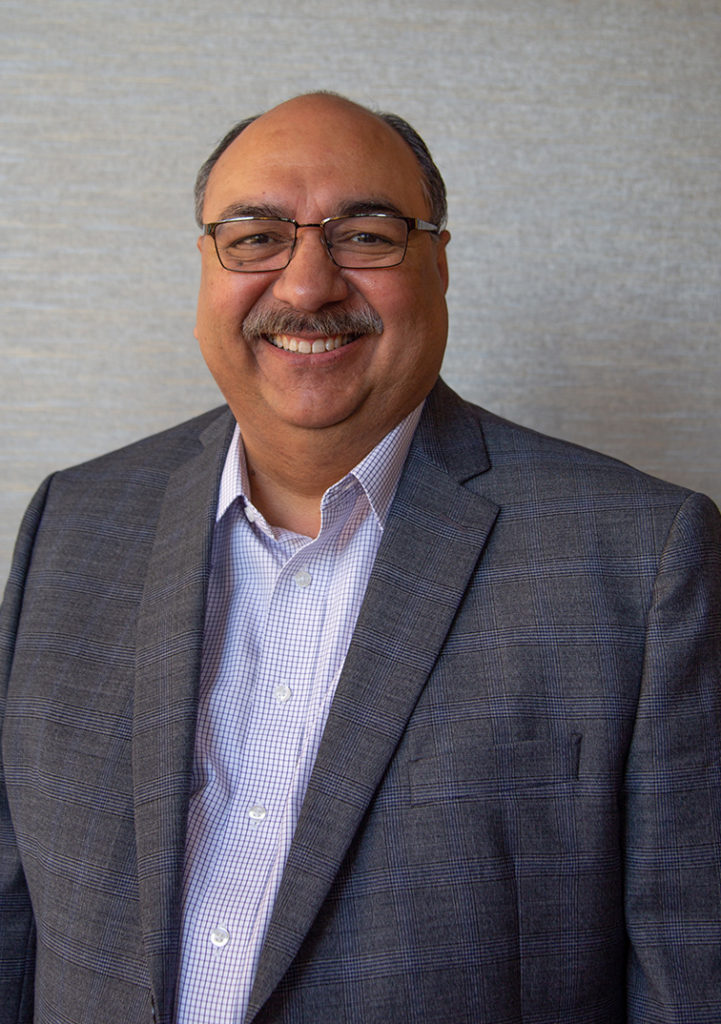
“This is a tremendous shock to the collective soul of our city,” said the Rev. Eduardo “Eddie” Rivera, superintendent of the El Paso District. “El Paso being 80 percent Hispanic, Latino, and the shooter targeting Mexicans — that also brings up a new level of concern and shock.”
Rivera phoned his pastors on the evening of the tragedy to offer encouragement for the hard service ahead. “The call to them was, ‘Tend to your flocks. Be with them, and be a source of peace and comfort,’” he said.
The motive of the Dayton shooter remains uncertain. The alleged killers in both cities are white men. Some, including the U.S. President in his statement on Monday, are focused on mental illness as a key cause of increasing mass murders.
“It is certainly a form of deranged thinking for one to commit such a gruesome act of mass murder,” said Bishop Johnson, a frequent, outspoken advocate for people with disabilities. “But let’s not be too quick to lay this at the feet of people in the mental health community.
“I would be the first to say that the state of mental health in this country is sorely lacking in funding and services, mostly due to its stigma,” she continued. “But the vast, vast majority of people suffering from mental health conditions are not mass murderers. Mass murderers, even with unhealthy perceptions and hateful motivations, are not always mentally ill*.
“It is easy to blame mental illness as the cause of mass murders and thus add to the already debilitating stigma experienced by people who must walk this road. Let us be careful, gentle and understanding of this community’s needs and reality.”
As Bishop Gregory V. Palmer reeled from the tragic news, he ruminated on how such violence has become all-too common.
“It continues to be unthinkable that going about the ordinary activities of life is dangerous. It is nevertheless sobering,” wrote Palmer, whose West Ohio Conference encompasses Dayton. “We must find ways to act sensibly, faithfully and hopefully to make mass shootings a thing of the past.”
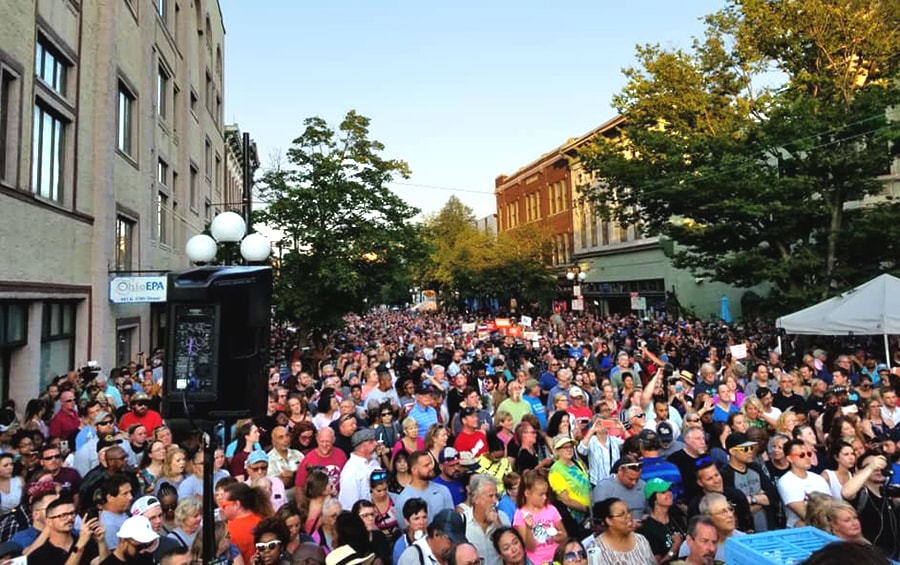
By August 5 — the 217th day of the year — the U.S. had experienced 255 mass shootings according to the nonprofit Gun Violence Archive. The research group defines mass shootings as four or more shot, not including the shooter.
In a little over a week, mass shootings also occurred at the Gilroy, California, Garlic Festival, killing three; a Brooklyn block party, killing one; a Southaven, Mississippi, Walmart, killing two, and seven were wounded in a shooting in a Chicago park.
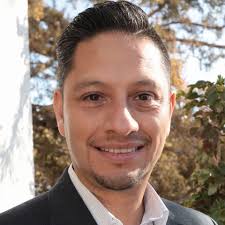
In the midst of the carnage, however, are signs of heroism and hope. Salvador Perales Jr., a certified lay servant, reported that El Paso residents pulled together, with so many lining up to give blood that local blood banks had to turn people away.
“In the midst of this tragedy, we saw the love of God and the love people have for each other,” said the El Paso native.
August 5 was his first Sunday in the pulpit as the new pastor of Ridge UMC in El Paso. He kept his intended sermon title, “Faith in Uncertain Times,” but he had to adapt it to the heartbreaking circumstances. “My message to the church was, ‘God is our refuge. God is our strength,’” he said.
United Methodists have long looked for ways to stop gun violence in all its forms. The denomination’s Book of Resolutions encourages congregations to advocate for such measures as universal background checks for all gun purchases and bans on large-capacity ammunition magazines and weapons designed to fire multiple rounds each time the trigger is pulled.
In both El Paso and Dayton, the suspected gunmen were armed with assault weapons and extra magazines.
But such changes require federal action. Since earlier this year, the United Methodist Board of Church and Society joined with church members in advocating for the U.S. Senate to take up a bill for universal background checks. The House of Representatives passed a companion, bipartisan bill on Feb. 27.
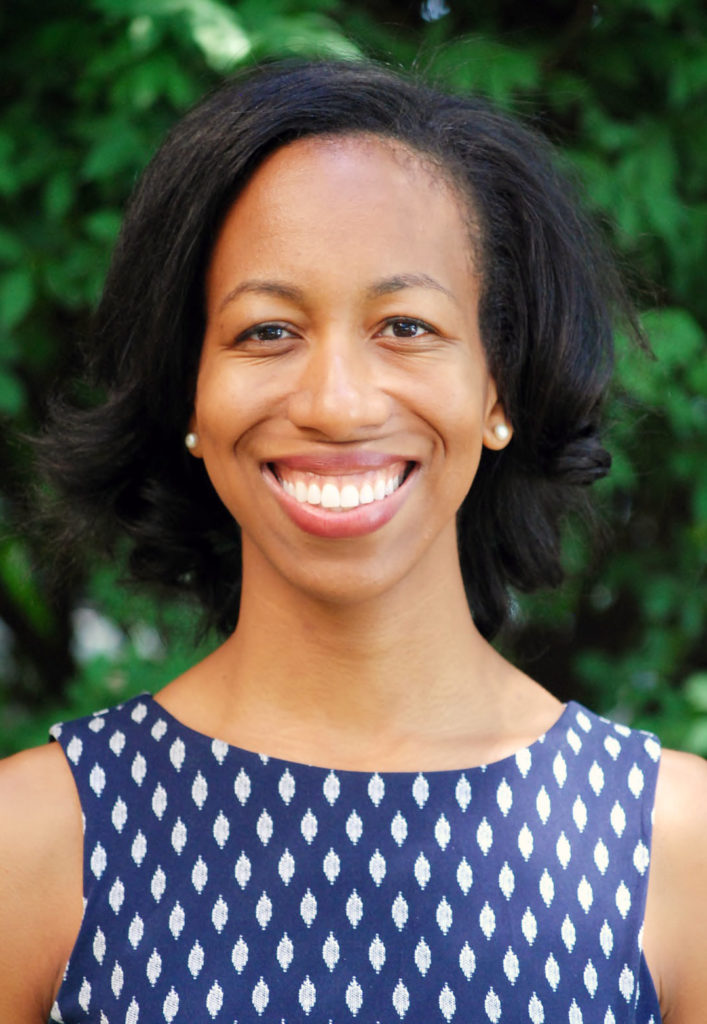
The Rev. Jeania Ree V. Moore, director for civil and human rights at Church and Society, said the advocacy includes more than individual pieces of legislation.
“The argument the church makes is not that some type of guns are OK, and others aren’t,” she said. “It’s more profoundly the vision of the prophet Micah that weapons of war will be turned into instruments of peace.”
Moore also called on white United Methodists to preach against the sin of white supremacy wherever it occurs. The denomination in the U.S., she noted, is overwhelmingly white.
“If United Methodists don’t preach explicitly against the glorification of whiteness, against white nationalism, against any vision of the world in which whiteness is dominant, that is a threat,” she said.
MARCHA, Methodists Associated Representing the Cause of Hispanic Americans, made a similar call during its Aug. 1-4 meeting in Philadelphia.
“We call all United Methodist and other people of faith and good will to pray for all impacted and demand our elected leaders to address these issues with urgency,” the Hispanic caucus said in a statement.
The group also called on General Conference, the denomination’s top lawmaking body, “to unequivocally denounce the evil of white supremacy and declare it as incompatible to Christian teachings.”
Read the unmodified UM News Service story and two action appeals by Church & Society:
- Mass shootings prompt prayer, action
- Email your senators: Pass universal background checks
- God weeps at Congress’s inaction
* A 2018 Psychology Today article, “Hate Is Not a Mental Illness,” by Dr. Amy Barnhorst, MD, says “To prevent mass shootings, focus on gun laws — not mental health…. Active shooters are not mentally healthy, but not necessarily mentally ill.” It ends with this paragraph:
To prevent mass shootings, we need to stop focusing on mental illness as the culprit. We need to redirect our efforts towards enacting legislation that directly targets dangerous people and restricts their access to guns. The first step in this is closing the holes in the federal background check system. This means running all gun sales through the background check database to see if the buyer is prohibited, not just sales by licensed dealers. It also means requiring state agencies to submit their records of prohibited persons to the federal government, a process which is currently voluntary and woefully incomplete. It means passing and utilizing legislation like extreme risk laws (or gun violence restraining orders), which allow law enforcement to remove guns from people who are at imminent risk of suicide or violence. If instead we continue to hope that every angry, entitled male with a grudge and an arsenal can be cured by the mental health system, we doom ourselves to watching these tragedies unfold again and again.
